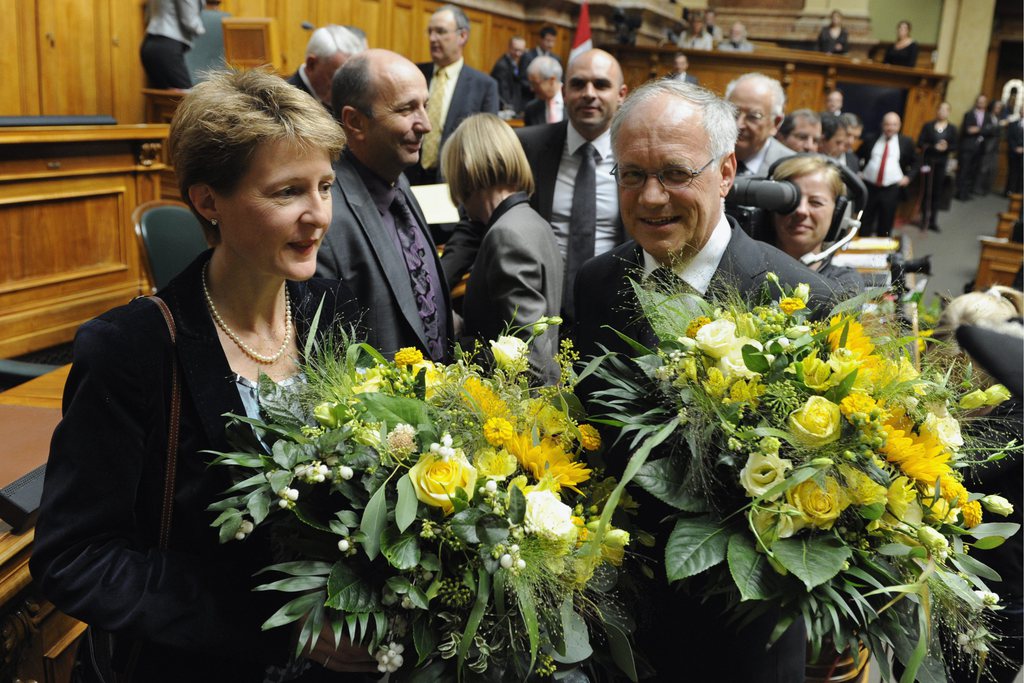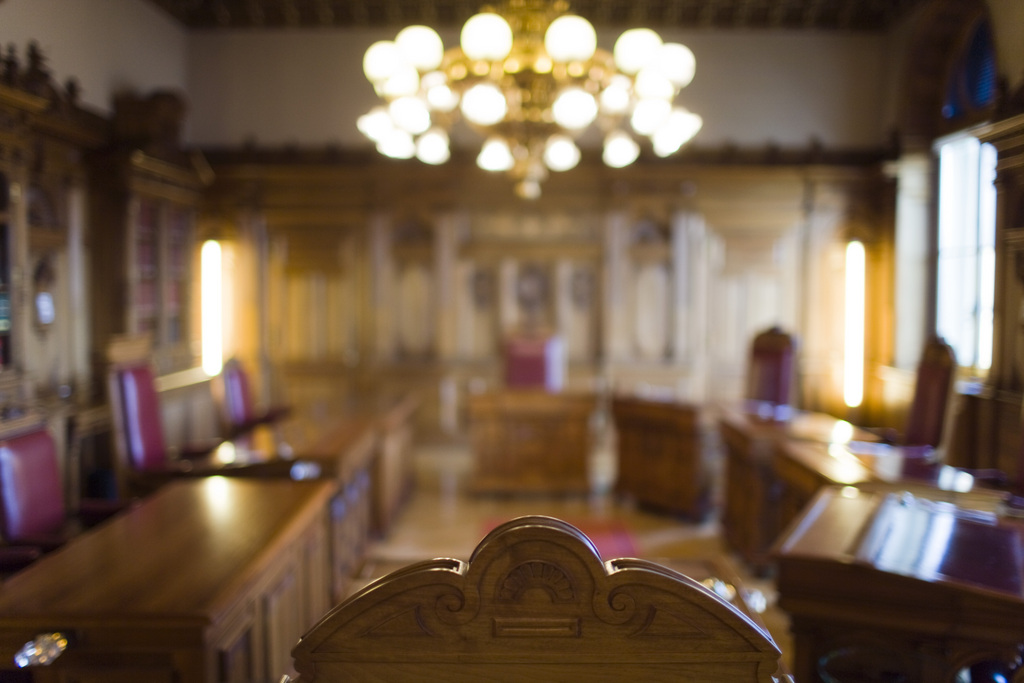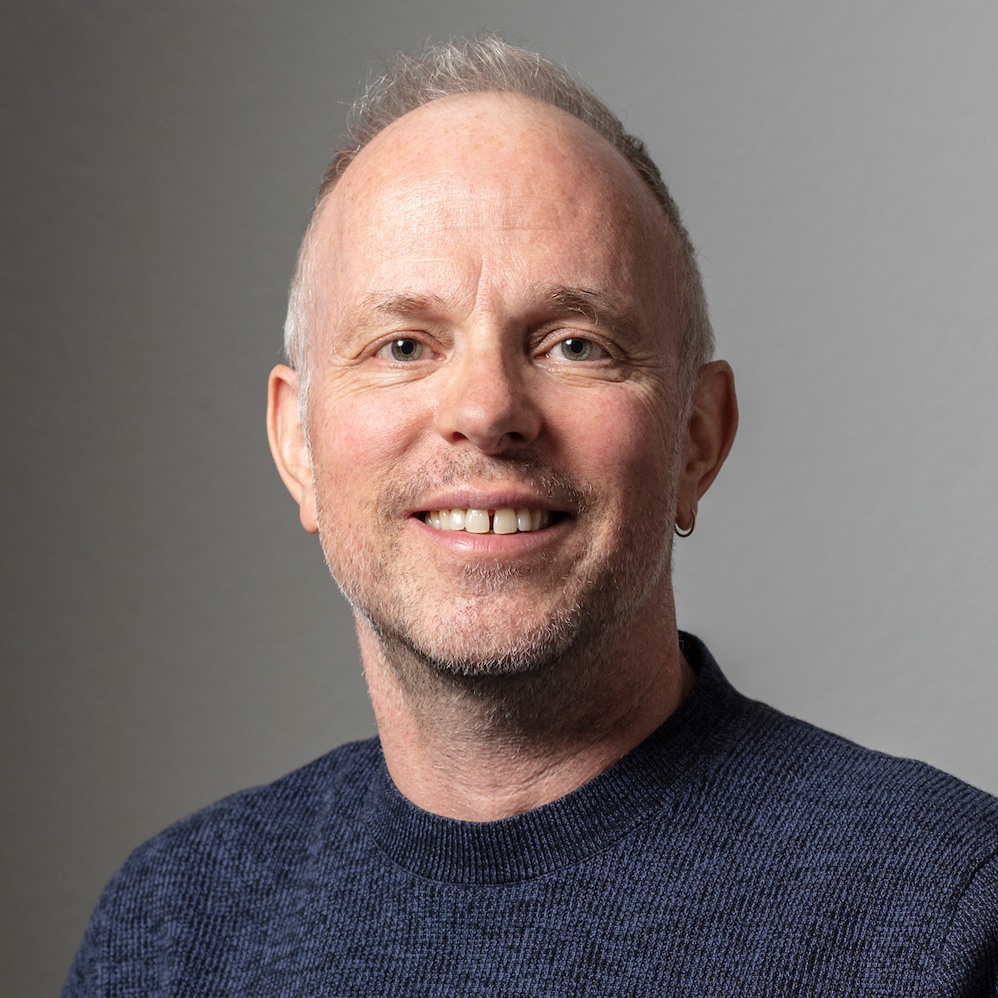Money and faces could decide cabinet election

Potential reforms allowing voters to elect cabinet members would result in charisma and funding playing a larger role, experts say. Party politics would also increasingly dictate the government’s agenda.
On June 9, voters are being asked if they want to elect the members of the cabinet. If they say “yes”, money would be the most pressing issue reckons Moritz Leuenberger, Switzerland’s transport minister between 1995 and 2010.
Leuenberger experienced numerous elections first hand. Parliament elected and re-elected him as a cabinet member, and voters also chose the centre-left Social Democrat to be part of Zurich’s cantonal government before that.
“So as long as campaign finance is not transparent, we are a developing nation as far as democracy is concerned,” Leuenberger said, adding that “it would be a disaster if unnamed backers could fund individual cabinet members with millions of francs”.
Currently, political party funding is not regulated at all in Switzerland.
“In our country you can finance parties anonymously with large sums of money,” said Oswald Sigg, a former cabinet spokesman between 2005 and 2009.
If you look at other European countries, he added, national election campaigns – particularly presidential races – “are to a large extent decided by the parties with the deepest pockets”.
For Sigg there is a “major risk“ that money could play an important role in the direct election of the cabinet. And that could be potentially damaging for the cabinet as well as Switzerland’s political system.

More
Rightwing bid to change cabinet election
ʻCostlyʼ election campaigns
Communication consultant Iwan Rickenbacher, secretary-general of the centre-right Christian Democratic Party from 1988 to 1992, believes that election campaigns would become much more costly and time consuming than today.
“People, who are not businessmen or do not play a leading role in society, would need to run a costly campaign to get elected,” said Rickenbacher.
Campaign specialist Mark Balsiger points to a study that showed that there is already an imbalance in the funding of election campaigns today, something he believes that would then become even more apparent.
A candidate’s personality would also gain in importance in a direct election, said Balsiger.
“Ideally, candidates would have charisma, be eloquent orators, good-looking, and have an appealing voice,” he told swissinfo.ch. And to survive politically, they would have to devote a lot more time to their public appearances.
Balsiger is concerned that real-life problems would be ignored if people have to meet all these requirements. He also fears that “unpopular changes might be shelved to focus on issues that can be exploited to one’s advantage.”
This argument is strongly tied to a two-party system, Leuenberger pointed out. In such a system “everybody is fighting for the middle and the parties increasingly become alike,” he said.
Since 1848, the cabinet members are elected by the members of parliament and are re-elected every four years – a process which is usually a pure formality.
The right-wing initiative demands that the seven members of the government be elected directly by the people.
This means that the candidate who gets the largest number of votes is elected. Should a candidate not reach an absolute majority, there would be a second round of voting, where the winners are those who finish in front.
The entire country represents the constituency. At least two seats would be reserved for representatives from the country’s French and Italian-speaking regions.
Striking a balance
In Switzerland, however, “power sharing is so deeply rooted that voters in every canton – with small variations – elect governments that are balanced with regard to party politics,” Leuenberger said.
As a former member of the canton of Zurich’s government he went through the process several times. Campaigning usually kicked off six months ahead of the elections.
“We had to ask ourselves before every public appearance – whether it was in front of our own party, for a podium discussion or an interview – how we would proceed, so that we could make our basic opinions known to the people without harming the council’s […] existing consensus,” Leuenberger explained.
Sigg is convinced that the direct election of the cabinet by the people would turn the system upside down.
The advantage of the cabinet, he said, is that it is “disconnected from national election campaigns and that it has only the assembly to answer to. This is certainly also a crucial factor for the cabinet’s stability as an institution.”
When modern-day Switzerland was founded in 1848, it was decided that the cabinet should be elected by parliament. The parliament is elected by the people.
The Swiss government consists of seven members elected for a four-year term.
The 26 cantons also each have their own governments and parliaments, which are directly elected by the voters.
The cantons are comparable with the federal states in Germany or in the US.
Leuenberger, however, does not believe that a directly elected government would be less stable.
“This development can admittedly be observed, but it has nothing to do with being elected by the people,” Leuenberger said.
“A direct election would strengthen the executive as an independent power at the expense of parliament. The threat comes from political parties, which already today try to influence their representatives’ actions in the government.”
The cabinet members are “already just toeing the party line”, the former minister pointed out, adding that “a direct election may even strengthen them”.
(Adapted from German by Chantal Britt)

In compliance with the JTI standards
More: SWI swissinfo.ch certified by the Journalism Trust Initiative

You can find an overview of ongoing debates with our journalists here. Please join us!
If you want to start a conversation about a topic raised in this article or want to report factual errors, email us at english@swissinfo.ch.